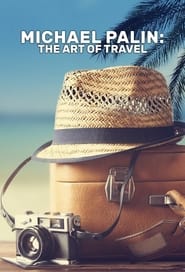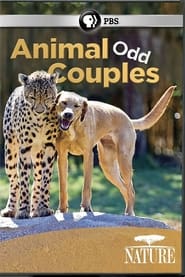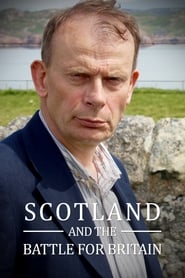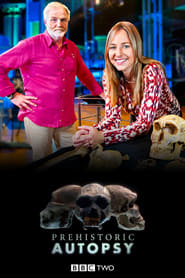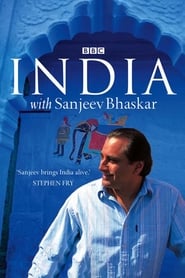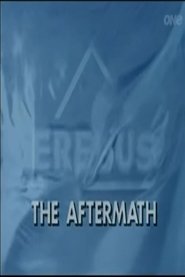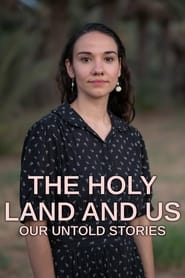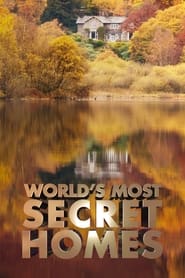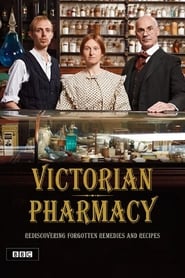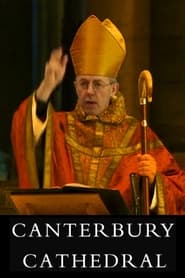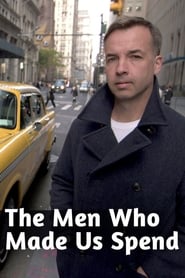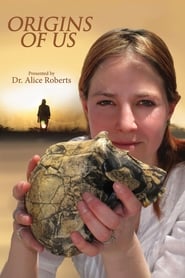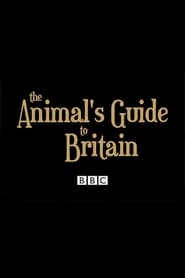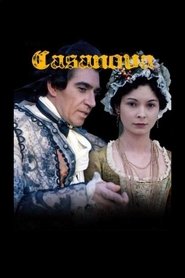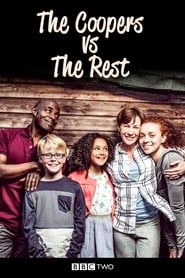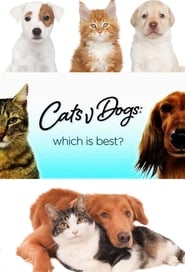Bbc Two TV Series - Page 55
-
Michael Palin: The Art of Travel
1989
Short travelogues in which Michael Palin experiences a bygone age of rail travel in the UK. -
Animal Odd Couples
2013
star 5Wildlife biologist Liz Bonnin sets off on a worldwide journey of discovery to find out why animals of different species make friends with each other, and even with humans. -
Scotland and the Battle for Britain
2016
Andrew Marr discovers why the Scotland he grew up in has changed so much politically, and whether, after the Brexit vote, we will see Scottish independence and the break-up of the UK. -
Prehistoric Autopsy
2012
star 9A journey into our evolutionary past, piecing together the bodies of our prehistoric family. -
India with Sanjeev Bhaskar
2007
India with Sanjeev Bhaskar is a four-part documentary from the BBC in which Sanjeev Bhaskar travels to India with director Deep Sehgal. The documentary was created as part of the BBC's series of programmes on the 60th anniversary of the independence of India and Pakistan. The series was broadcast between 30 July and 20 August 2007. -
The Borderers
1968
The Borderers
1968
The Borderers is a British television series produced by the BBC between 1968 and 1970. -
Erebus: The Aftermath
1987
star 7A four-part miniseries about Air New Zealand Flight 901, which crashed in Antarctica in 1979. -
The Holy Land and Us: Our Untold Stories
2023
Rob Rinder and Sarah Agha, along with four other families of Jewish and Palestinian heritage, explore how their families' histories were impacted by the founding of the state of Israel in 1948. -
World's Most Secret Homes
2019
From extravagant underground bunkers to cabins on remote islands. Homeowners discuss what attracted them to such unusual and secluded properties. A round the world tour of some spectacular homes, using drone photography to explore the natural surroundings of each home and 'fly-through' tours of their interiors and secret passages, to reveal what makes them unique. The owners explain why they wanted to live in such an unusual property, and how they found their secluded plots. -
Victorian Pharmacy
2010
star 10Victorian Pharmacy is a historical documentary TV series in four parts, first shown on BBC Two in July 2010. It was made for the BBC by independent production company Lion Television. It was filmed at Blists Hill Victorian Town in Shropshire. It is a historical documentary that looks at life in the 19th Century and how people attempted to cure common ailments. Since some of the ingredients of Victorian remedies are now either illegal or known to be dangerous, Nick Barber often uses his modern pharmaceutical knowledge to produce similar products without those ingredients. The other main presenters are Tom Quick, a PhD student, and Ruth Goodman, a domestic historian who also appeared in Tales from the Green Valley, Victorian Farm and Edwardian Farm. -
Canterbury Cathedral
2014
-
Lambing Live
2010
Lambing Live
2010
Lambing Live is a farming programme which was broadcast live on BBC Two in five parts, beginning on Sunday 7 March 2010. Presented by Kate Humble and Adam Henson, the show was mainly filmed live on the Beavan family farm, near Abergavenny in Monmouthshire and followed a week in the life of the farm, concentrating on the births of the new lambs. Filmed inserts showed the lead-up to the lambing season, including the purchase of two new stud sheep. The show was produced in a style similar to Springwatch. The second series following a farming family from Cumbria began on 4 April 2011, again presented by Kate Humble. A third series will be broadcast in 2014. -
The Men Who Made Us Spend
2014
star 8This three-part series lays bare the secrets of why we buy what we buy. Jacques Peretti investigates what keeps us hooked on spending, and confronts some of the men behind bestselling products and sales strategies that get inside our head. -
Origins of Us
2011
star 7.8Dr Alice Roberts reveals how your body tells the story of human evolution. The way you look, think and behave is a product of a 6 million year struggle for survival. -
The Animal's Guide to Britain
2011
Each episode, he encounters an elite group of five animals each of which senses the world in a very different way. By understanding their needs, problems and histories on these islands, Chris reveals what they make of modern Britain - and its humans. -
Casanova
1971
star 4The Italian adventurer and libertine Giovanni Jacopo Casanova lived from 1725 to 1798, but in this six-part series Dennis Potter attempted to find a contemporary relevance through his central themes of sex and religion. He commented that Casanova "was concerned with religious and sexual freedom, and these are the things we have to address ourselves to now." Casanova was imprisoned in Venice in 1755, and Potter used that event as a central device, constantly inter-cutting to contrast Casanova's amorous escapades, radiant, joyful and brightly lit, with his oppressive solitary confinement in the gloom of a half-darkened cell. -
The Coopers vs The Rest
2016
star 6The Cooper family share a small house, and absolutely no DNA. Mum Tess wanted to save as many kids as she could from the sort of childhood she had. So, along with her husband Toby, she now divides just about enough money and nowhere near enough time between their three adopted children Frankie, Alisha and Charlie. -
What the Industrial Revolution Did for Us
2003
What the Industrial Revolution Did for Us is a BBC documentary series produced in conjunction with the Open University that examines the impact of the Industrial Revolution on modern society. It was originally broadcast on BBC Two in autumn 2003. -
The Five Billion Pound Super Sewer
2018
Following workers across the capital for three years as they race to build an enormous super sewer on time and on budget. -
Cats v Dogs: Which is Best?
2016
Armed with the latest global scientific research, Chris Packham and Liz Bonnin battle it out in this two part programme to find the definitive answer to the burning question - which are best, cats or dogs?
